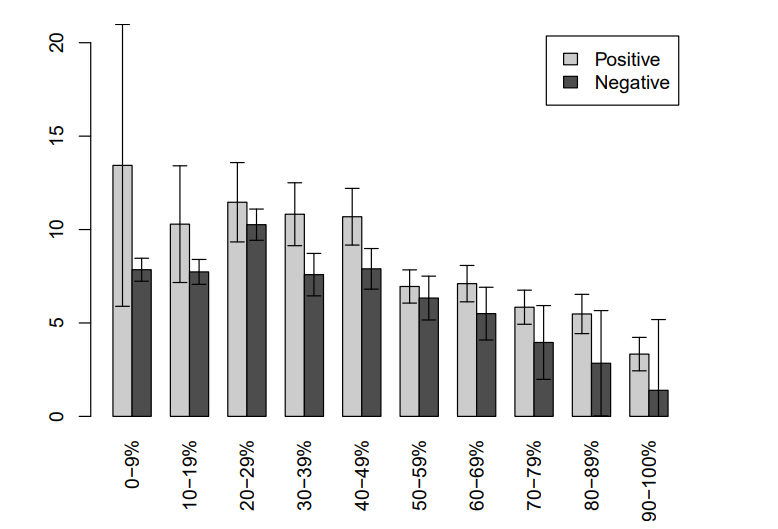My main research interest lies in experimental economics, social networks and social learning. I am particularly interested in how people aggregate information from social networks and news sources and form posterior beliefs. I use regression techniques to uncover causal relationships as well as classification to reduce the dimensionality of data.
Some of my recent research looks at how people update beliefs when they derive direct utility from beliefs. This occurs, for example, when people receive feedback on their ability. They often seem to weigh positive information more strongly than negative information. I am also interested in understanding differences between statistical and anecdotal reasoning. Under statistical reasoning, people have known objectives and they update beliefs through Bayes’ rule. Under anecdotal reasoning, people recall anecdotes that are relevant for forming a belief about a new objective that has not been encountered before. In these situations, memory recall and recognition are important to understand the formation of beliefs.

